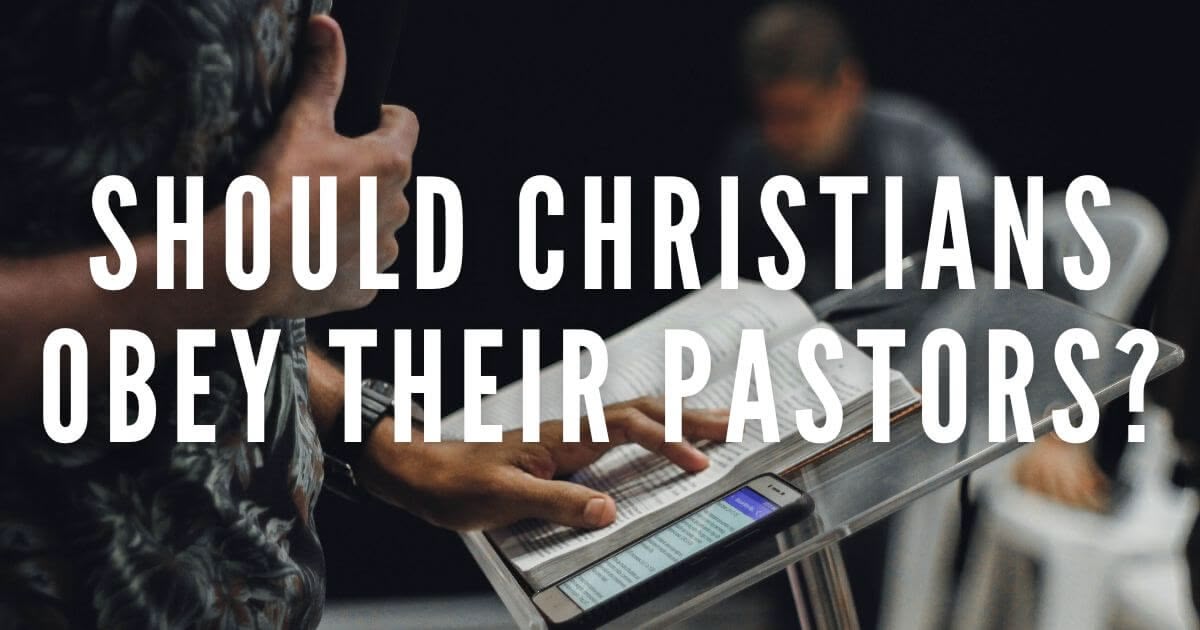Most Christians who adhere to spiritual covering believe they should be accountable not only to God, but to a spiritual leader as well. This earthly authority figure serves as an intercessor, and in extreme cases, as a substitute for God in the life of the person being "covered."
Supporters look to verses such as 1 Thessalonians 5:12–13, 1 Corinthians 11:2–16, and 1 Peter 5:5 as biblical backing for spiritual covering. However, in practice, the line between God's authority and a spiritual shepherd can easily blur.
The practice of spiritual covering can create spiritual, emotional, and other abuses. Some early advocates, such as Bob Mumford and Charles Simpson, now distance themselves from the idea and have apologized for their involvement. The idea itself is not completely without merit, however the practice of spiritual covering lends itself to difficulties.
Spiritual covering is often referred to in connection with the Shepherding movement. There it means that a Christian submits to the authority of another believer in a way that his or her spiritual life or ministry is valid to God only under direct supervision of this specific person. That person is usually an elder, pastor, or older, more mature Christian. The idea that spiritual life or ministry is validated by another human is not biblical. Though initially developed within the Charismatic movement, spiritual covering is now associated with the New Apostolic Reformation, some Messianic Judaism, and the Hebrew Roots movement.
Submission, of course, is biblical. Submission to God is necessary. Additionally, Romans 13:1 instructs Christians to respect authority; Ephesians 5:21 instructs believers in mutual submission; John 13:34 instructs Christians about loving one another. As for an individual's submission to another, looking to the experience and wisdom of others just makes sense. It's when that practice is mandated with authority that it begins to erode any legitimate practice of spiritual covering.
As Christians, we are ultimately only accountable to God (Romans 3:19; Matthew 12:36). We should consult with others for advice (Proverbs 11:14) and learn from others humbly (Proverbs 5:11–14). We look to God for approval, not men (2 Timothy 2:15). Our service to God is not validated by any person (Romans 14:4) and mandating individual authority within an organization or church can harm a person's relationship with Jesus (1 Timothy 2:5) and can cause division within the church (1 Corinthians 3:4–9).
Jesus spoke about authority in Matthew 20:25–28: "But Jesus called them to him and said, 'You know that the rulers of the Gentiles lord it over them, and their great ones exercise authority over them. It shall not be so among you. But whoever would be great among you must be your servant, and whoever would be first among you must be your slave, even as the Son of Man came not to be served but to serve, and to give his life as a ransom for many.'"
Supporters look to verses such as 1 Thessalonians 5:12–13, 1 Corinthians 11:2–16, and 1 Peter 5:5 as biblical backing for spiritual covering. However, in practice, the line between God's authority and a spiritual shepherd can easily blur.
The practice of spiritual covering can create spiritual, emotional, and other abuses. Some early advocates, such as Bob Mumford and Charles Simpson, now distance themselves from the idea and have apologized for their involvement. The idea itself is not completely without merit, however the practice of spiritual covering lends itself to difficulties.
Spiritual covering is often referred to in connection with the Shepherding movement. There it means that a Christian submits to the authority of another believer in a way that his or her spiritual life or ministry is valid to God only under direct supervision of this specific person. That person is usually an elder, pastor, or older, more mature Christian. The idea that spiritual life or ministry is validated by another human is not biblical. Though initially developed within the Charismatic movement, spiritual covering is now associated with the New Apostolic Reformation, some Messianic Judaism, and the Hebrew Roots movement.
Submission, of course, is biblical. Submission to God is necessary. Additionally, Romans 13:1 instructs Christians to respect authority; Ephesians 5:21 instructs believers in mutual submission; John 13:34 instructs Christians about loving one another. As for an individual's submission to another, looking to the experience and wisdom of others just makes sense. It's when that practice is mandated with authority that it begins to erode any legitimate practice of spiritual covering.
As Christians, we are ultimately only accountable to God (Romans 3:19; Matthew 12:36). We should consult with others for advice (Proverbs 11:14) and learn from others humbly (Proverbs 5:11–14). We look to God for approval, not men (2 Timothy 2:15). Our service to God is not validated by any person (Romans 14:4) and mandating individual authority within an organization or church can harm a person's relationship with Jesus (1 Timothy 2:5) and can cause division within the church (1 Corinthians 3:4–9).
Jesus spoke about authority in Matthew 20:25–28: "But Jesus called them to him and said, 'You know that the rulers of the Gentiles lord it over them, and their great ones exercise authority over them. It shall not be so among you. But whoever would be great among you must be your servant, and whoever would be first among you must be your slave, even as the Son of Man came not to be served but to serve, and to give his life as a ransom for many.'"



